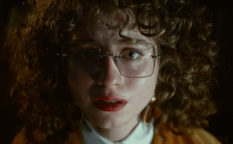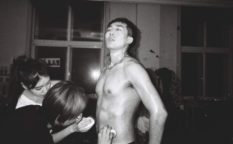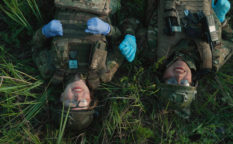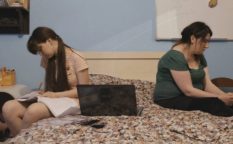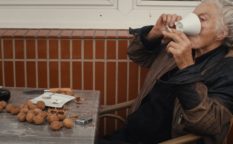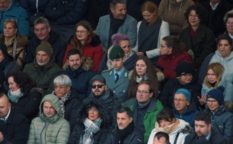Review: Now, Daphne (2019)
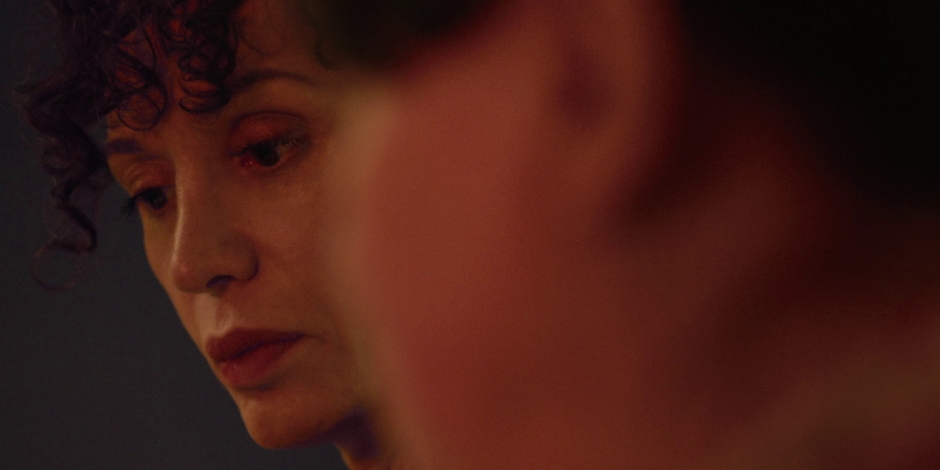
One night, Daphne (Stéphanie Michelini) comes to her home town that she left many years-, if not decades ago, and tries to re-establish contact with her mother Claudine (Myriam Boyer). The trouble is that Claudine is not sure whether she wants to speak to her adult daughter and the reason for that might be the fact that the person who left home was her son, Nicolas. The plot of Johann G. Louis’ short film Now, Daphne is set in a small, very provincial town where some kind of indirect threat is always present to those who are out of the box is some way, so most of the interactions happen during the night time.
Now, Daphne had a long tour on the film festival circuit after its premiere in the autumn of 2019, including Clermont-Ferrand, Vancouver and a large number of LGBTQ+ festivals and related events. The last stop was Vilnius International Short Film Festival, where we had a chance to catch up with it.
One of the greatest assets of Louis’ film is the beauty of imagery that does its best to play with unusual, neon-like light and with the softness of the image itself that seems organic, almost analogue. The film was shot with Arri Alexa camera carried and operated by Yannig Dumoulin’s steady hand. Aided by Pauline Casalis’ precise editing, Johann G. Louis, employing the classical directing style, manages to create a smoothly to follow and easy to understand festival-friendly film that communicates a clear message to the attentive audience.
However, Now, Daphne faces two troubles. One is quite banal: its international, English-language title is considerably weaker than the original French. Secondly, it does not feel, act or play like a short film, but as a re-edited, concentrated feature-length film or a study for it. This does not make it a bad film, but it does raise questions about the filmmaker’s intentions.
Original title: Traverser la nuit
Year: 2019
Runtime: 21’ 10’’
Country: France
Language: French
Directed by: Johann G. Louis
Written by: Johann G. Louis
Cast: Stéphanie Michelini, Myriam Boyer, Gaelle Hausermann, Fabian Richard, Pierre Sourdive
Cinematography by: Yannig Dumoulin
Editing by: Pauline Casalis
Music by: Benjamin Balthazar
Sound by: Rémi Chanaud
Production design by: Spencer McAndrew
Costume design by: Camille Duflos
Make-up by: Clara Madronet
Assistant director: Julien Trauman
Produced by: Anaïs Bertrand
Production company: Insolence Productions
Support by: CNC, Adami, La Procirep-Angoa, Sacem, Alcimé
Distribution by: Manifest









